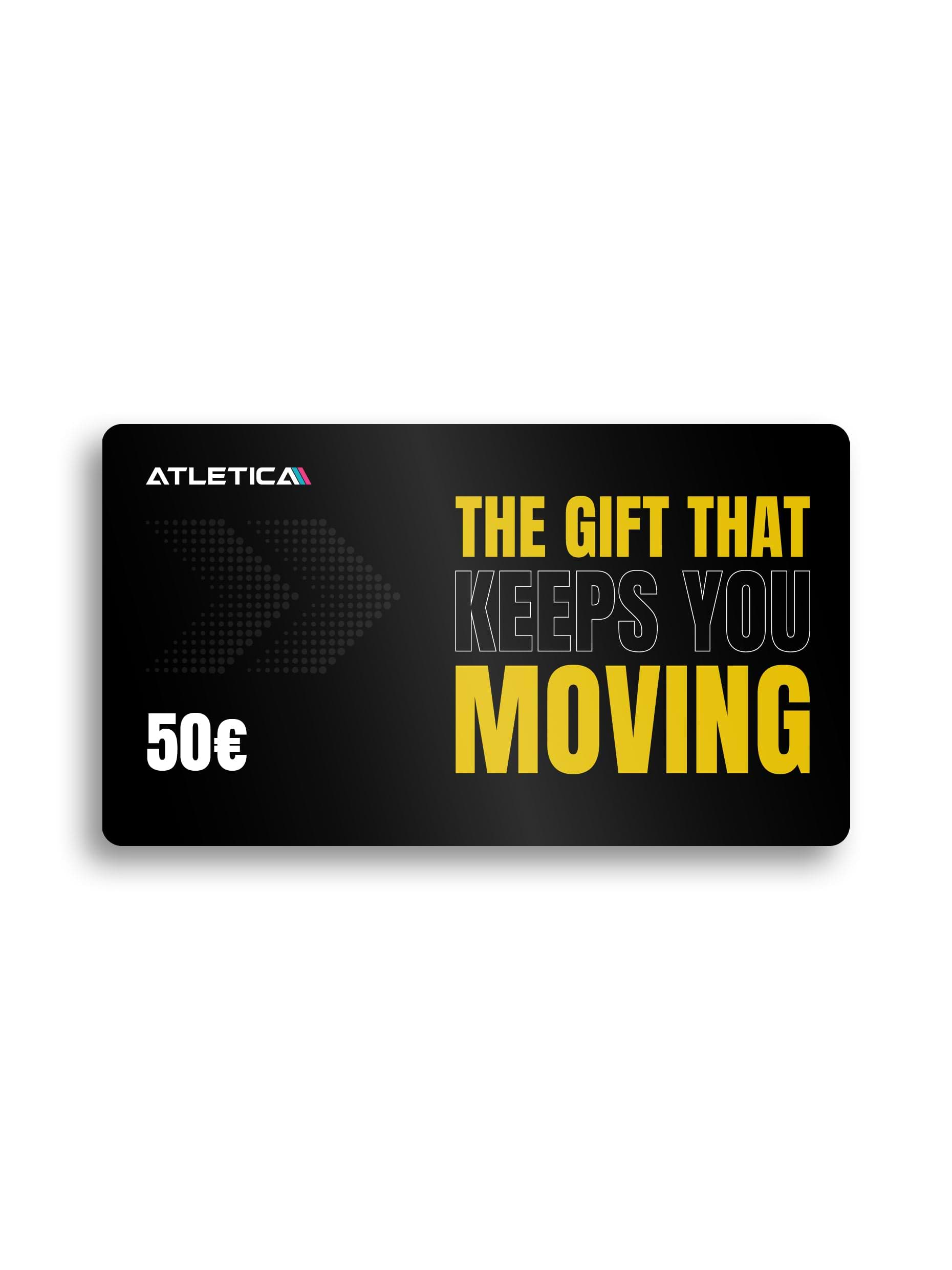Book a free 1-on-1 consultation with an expert.
Customer service is available Monday through Friday, 8 AM–4 PM.
43 products
Got questions?
1. What are the benefits of cast iron plates?
Cast iron/steel: Classic, durable, and cost-effective. Extremely rugged and slimmer than other types of plates, making them easy to store. Plus, their thin profile lets you load more plates on the bar, perfect for heavy training.
2. What are the benefits of bumper plates?
Bumper plates are designed for weightlifting and popular in functional fitness training. Their rubber coating makes them safe to drop from overhead, with lifts like the snatch or clean & jerk, without damaging floors, barbell, or equipment. They’re quieter than metal plates and always keep the bar at competition height. Durable, versatile, and safe.
3. Which bumper plates are best for drops?
For high drops, high temp bumper plates are best thanks to their high-impact absorbing materials. Competition plates are precisely calibrated and have minimal bounce, so they're good for competition but less suited for repeated high drops.
4. What types of weight plates are there?
Two main types of plates: Iron plates—rugged and space-saving. Rubber-coated plates—floor protection, versatile, available in different hardnesses. When precision counts, competition plates meet exact specs and standard sizes.
5. Which weight plate diameter does ATLETICA use?
We use plates with a 50 mm hole diameter, the standard in competition and pro training. 50 mm bars handle max loads, spin smoothly, and ensure clean lifts.
6. What plates should I choose to get started?
Beginners should start with a set of 5 kg, 10 kg, and 15 kg plates. Add 1.25 kg and 2.5 kg plates for small progress steps. As strength grows, expand with 20 kg and 25 kg plates. Fractional plates help with micro progress.
7. Are rubber-coated plates better than cast iron?
Both have certain advantages. Steel plates are thinner, so you can load more weight. They're great for bars like our Zeta in small spaces. They're also usually cheaper. Rubber-coated plates protect floors, reduce noise, and feel more comfortable. Style matters too: old-school steel vs. modern rubber.
8. What are “bumper plates” and do I need them?
Bumper plates have a steel core with a thick rubber coating. They’re designed to be drop-ready and go easier on flooring during functional fitness workouts. You can also use them for classic strength work, since they’re quieter than steel plates.
9. How do I maintain my weight plates?
Cast iron: Wipe off dust and sweat. Remove light rust with vinegar, then coat with oil or rust protection.
Rubber/plastic-coated: Wipe with a damp cloth and mild detergent, then dry fully before storage.
Bumper plates: Very durable, occasional wiping is enough.
Rubber/plastic-coated: Wipe with a damp cloth and mild detergent, then dry fully before storage.
Bumper plates: Very durable, occasional wiping is enough.
10. What’s the most efficient way to store my plates?
Horizontal rack: Use the Tusker or floor stands—low, space-saving, easy to roll out.
Wall mount: The Blade and wall holders keep plates and bars organized.
Vertical rack: The Rhino stores 6 plate sizes plus 2 bars upright.
Integrated in multistations: Plates fit directly on station holders. R7/R8 setups expand with weight pins. The R8 also includes plate storage.
Wall mount: The Blade and wall holders keep plates and bars organized.
Vertical rack: The Rhino stores 6 plate sizes plus 2 bars upright.
Integrated in multistations: Plates fit directly on station holders. R7/R8 setups expand with weight pins. The R8 also includes plate storage.
11. Should my weight plates be colored? What do the colors mean?
Colors are standard on competition and training plates (often bumper or competition metal plates) for quick ID. International code: 10 kg = Green, 15 kg = Yellow, 20 kg = Blue, 25 kg = Red.


































































































